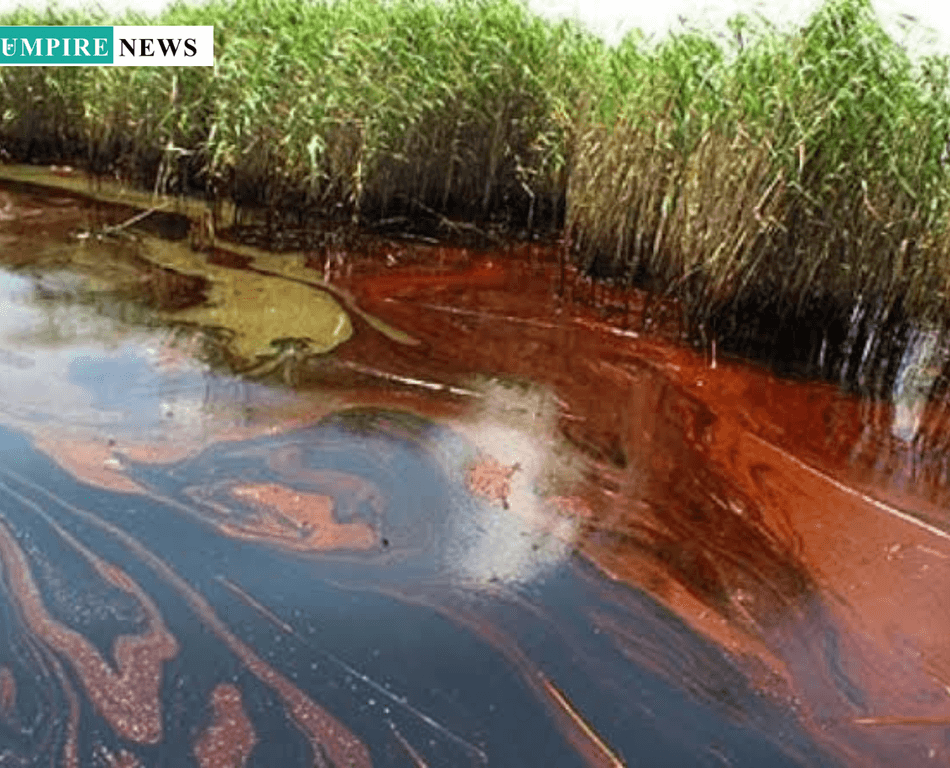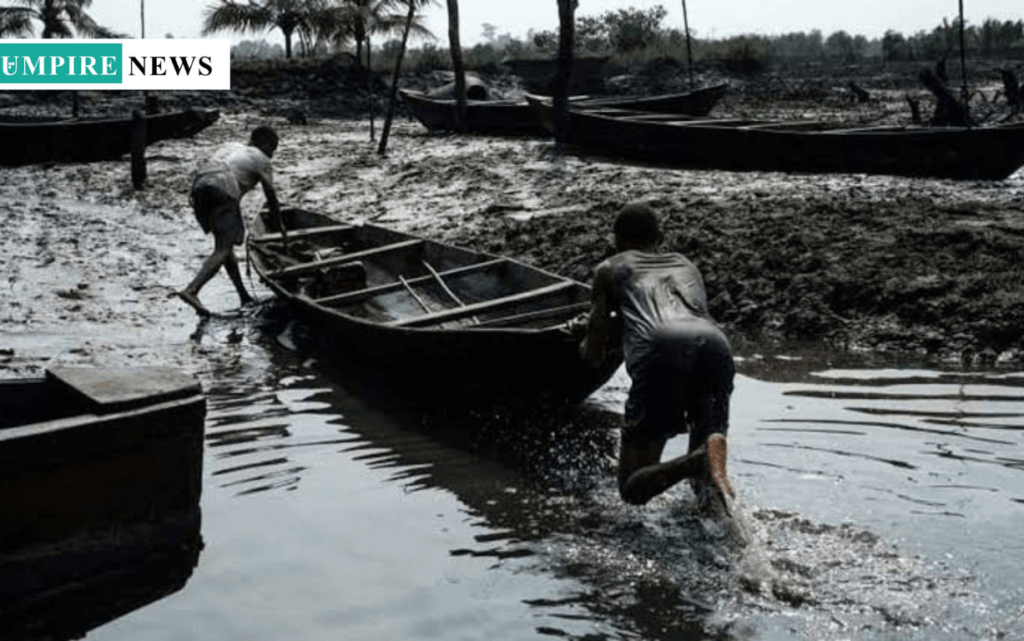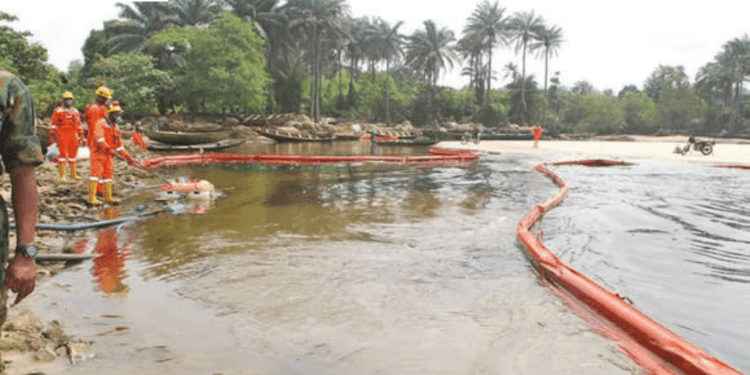The oil industry has harmed the land in Ogoni and the Niger Delta. Oil spills have polluted water and soil. The pollution has led to serious health problems. Many residents face an increased risk of cancer. The chemicals in the oil cause harm. Public health officials warn of long-term effects. The Federal government must act quickly and avoid further politicking with the Ogoni clean up.
Reports show that the region suffers from severe oil pollution. A report by the United Nations Environment Programme in 2011 documented thousands of oil spills. The report noted that oil spills have affected large areas of the land. Oil contamination has degraded water, soil, and air. The report recorded over 7,000 spills since the 1970s. These numbers show the extent of the problem in the Niger Delta.
Communities in the region depend on local water sources. They use river water for drinking and cooking. The water contains oil and harmful chemicals. Studies have linked these chemicals to cancer. The International Agency for Research on Cancer classifies benzene as a carcinogen. Research shows that people in polluted areas face higher risks of developing cancer. The polluted water also harms children and the elderly.
Fisheries in the Niger Delta have also suffered. Many families rely on fishing for food and income. Oil pollution has reduced fish populations. Contaminated water makes the fish unsafe to eat. The loss of fish has hurt local food supplies and livelihoods. The clean-up would help restore the fish stocks. Restoring the fisheries would improve food security in the region.
Health studies point to a rise in cancer cases in polluted communities. A study in the Journal of Environmental Health found a higher incidence of cancer among residents in oil-polluted areas. The study compared data from several communities in the Niger Delta. It found that residents exposed to oil pollution had a greater risk of developing cancer. Health experts believe that the clean-up process could lower these risks. They urge the government to intervene immediately.

The Federal government must protect its citizens–it is the primary responsibility of government. The government should collaborate with oil companies to address the pollution. Oil companies must pay for the damage caused by spills. Past actions show that companies have neglected environmental care. The government must enforce strict rules to ensure compliance. Clear penalties for oil spills should be applied to avert further spills. Oil companies needs to take greater accountability.
No amount of pecuniary compensation to political actors within the region, few scholarships to youths and a University of Environmental Studies can solve the grave issues of the magnitude of environmental degradation caused by oil pollution in Ogoniland and across the Niger Delta. Rather, a proactive policy framework must be implemented by the federal government to forestall future spills. The government should also support the health needs of affected communities.
For decades, the environment in the Niger Delta has suffered. Oil spills have damaged the land and water. The local communities live under constant threat from pollution. Many residents feel abandoned by the authorities. They experience poor living conditions every day. A clean environment would help restore hope and stability. The clean-up process can bring relief to these communities.
The situation in Ogoni is especially severe. Ogoni communities have endured neglect for many years. Oil spills and gas flaring have polluted the air, water, and soil in the area. A United Nations report noted that a large part of Ogoniland is heavily contaminated. The report showed that oil pollution has left lasting damage on the region. The oil industry must accept responsibility for its actions. The clean-up should begin immediately to help the people of Ogoni.

The cost of waiting may be very high. Delaying the clean-up could lead to more cases of cancer and other diseases. A World Health Organization study links toxic chemical exposure to serious health issues. The study showed that prolonged exposure increases the burden of disease. Local hospitals already struggle to meet the needs of patients. An increase in cancer cases could overwhelm the health system. A prompt clean-up would reduce these risks and ease pressure on hospitals.
Local communities have expressed their anger. They have held protests and community meetings. Leaders in the area have demanded swift action from the government. They call for transparency in the clean-up process. Residents ask for regular updates on progress. They hope that clear targets and timelines will be set. The public expects the government to show clear commitment to cleaning up the region.
Oil companies have promised to improve environmental standards. However, the pace of clean-up work remains slow. Residents have seen little change in their environment. The gap between promises and action continues to grow. Local activists call for full disclosure about the clean-up plans. They request that all records be made public. Transparency could build trust between the community and the government.
The government should set clear targets for restoring the environment. A published timeline would help monitor progress. Local experts should be involved in planning and implementation. These experts understand the specific needs of the area. Their knowledge can guide effective clean-up operations. The government must invest in technology to remove pollutants from water and soil. Successful clean-up operations in other regions provide useful lessons. The Federal government can learn from these examples to speed up the process.
Some international agencies have offered to provide support. The World Bank and the United Nations have experience in environmental restoration. Their advice can help shape the clean-up strategy. The government should consider their recommendations. International funding can reduce the financial burden on local communities. Oil companies might also be asked to contribute funds. External support may help accelerate the clean-up efforts.
Oil pollution has social, economic, and health impacts. Cleaning the environment would improve public health. A healthier population can drive economic growth. The clean-up can restore a safe environment for future generations. Local residents deserve a clean and safe home. A cleaner environment can help revive local businesses. The government must see the clean-up as an investment in people and the economy.
The state of the Niger Delta stands at a turning point. Rising cases of cancer and other diseases show that the situation is urgent. Oil spills have left long-lasting contamination. Removing the pollutants will require strong action. The people of the Niger Delta deserve protection from further harm. Fast action can prevent a worsening health crisis. The Federal government must address the clean-up without delay.
In 2023, $360m was released to HYPREP for the Ogoni cleanup. According to the Hydrocarbon Pollution Remediation Project (HYPREP)–an agency set up by government for the cleanup of Ogoni land–75% of mangrove restoration has been completed as at last quarter of 2024. While this is commendable, there is need to expedite action in see through the clean up and restoration of the polluted environment in Ogoni land and across the Niger Delta at 100%. The health implications, if delayed further could be catastrophic. Action saves many lives.




































